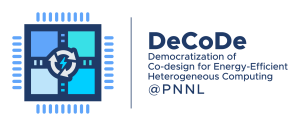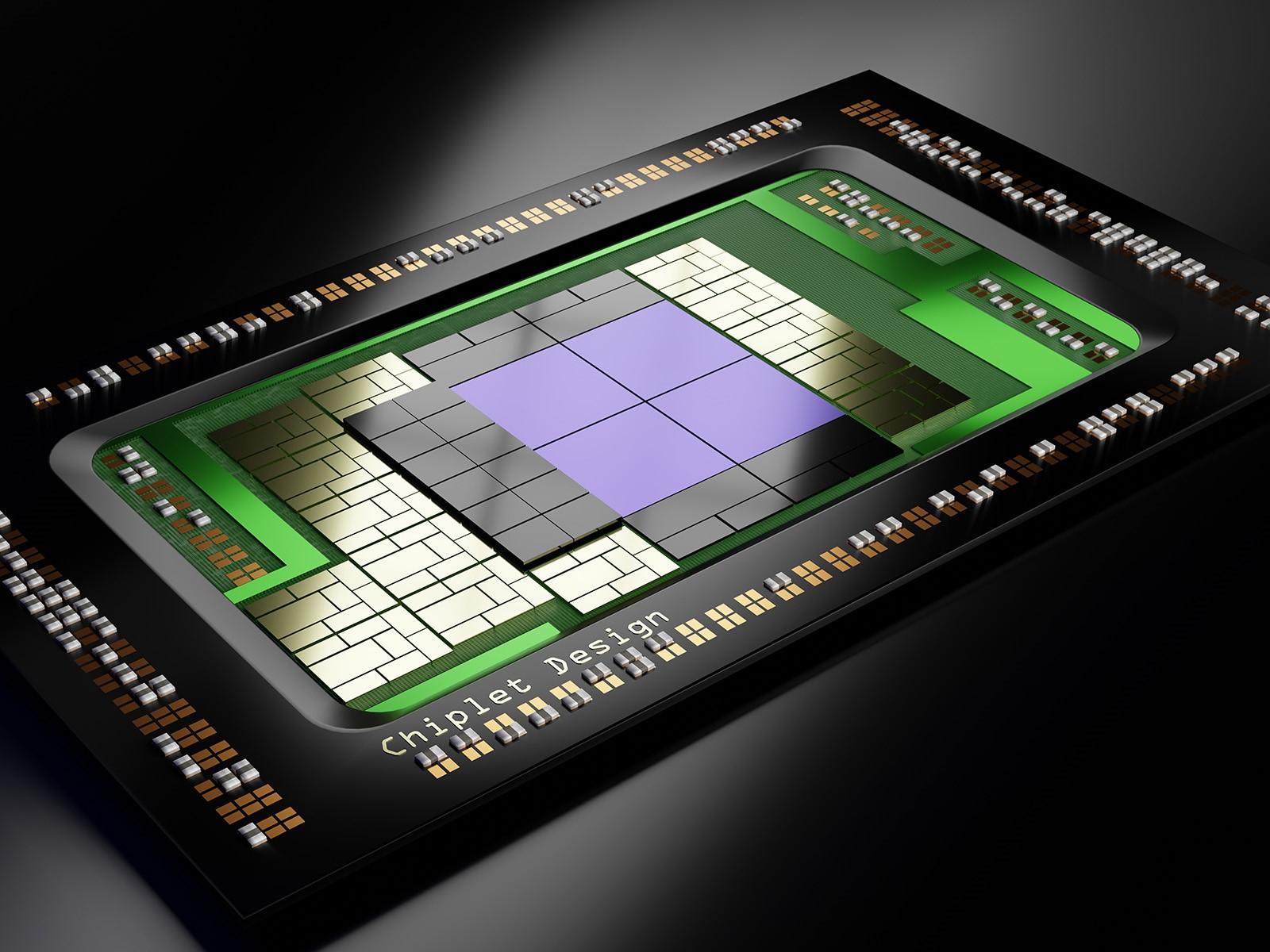
Democratization of Co-design for Energy-Efficient Heterogeneous Computing (DeCoDe)

(Illustration by Pete Hansen | shutterstock.com)
Lab-Level Communications Priority Topics
Computing

(Illustration by Pete Hansen | shutterstock.com)

The Democratization of Co-design for Energy-Efficient Heterogeneous Computing (DeCoDe) project aims to lower the cost and effort needed to enable a renaissance in computer architectures to meet the nation’s advanced computing needs. This work is supported by the Department of Energy’s (DOE’s) Advanced Scientific Computing Research program.
With roots in the Data-Model Convergence Initiative, Pacific Northwest National Laboratory (PNNL) has established expertise and developed the cross-disciplinary acumen required to implement hardware-software co-design while meeting energy-efficiency challenges spanning traditional high-performance computing, to edge computing, to integration of sensor data from DOE’s experimental user facilities.
Through the DeCoDe project, our team will apply its open-source capabilities to co-design hardware accelerators and supporting system software. By leveraging an open “chiplet” ecosystem, the team will integrate designs for energy-efficient analog and digital accelerators with commodity computing processors, memory modules, and other computing elements in a single package.
The project is divided into three thrusts, outlined below.
 |  |
| James (Jim) Ang Principal Investigator (PI) | Antonino Tumeo Deputy PI |
 |  |
| Tajana Rosing University of California, San Diego | David Brooks Harvard University |
 |  |
| Andreas Olofsson Zero ASIC | John Leidel Tactical Computing Laboratories |
 |  |
| Luca Carloni Columbia University | Andrew Kahng University of California, San Diego |